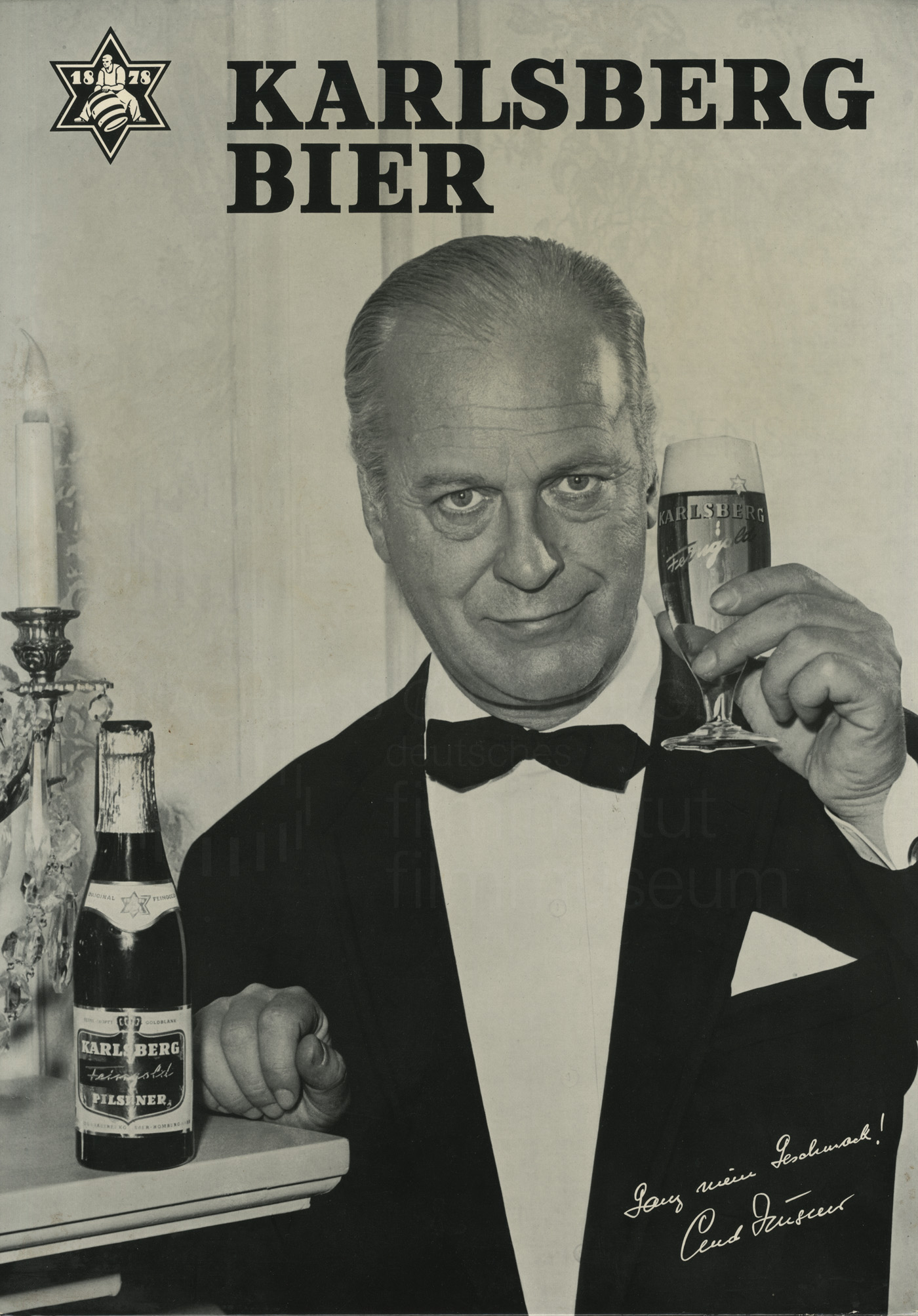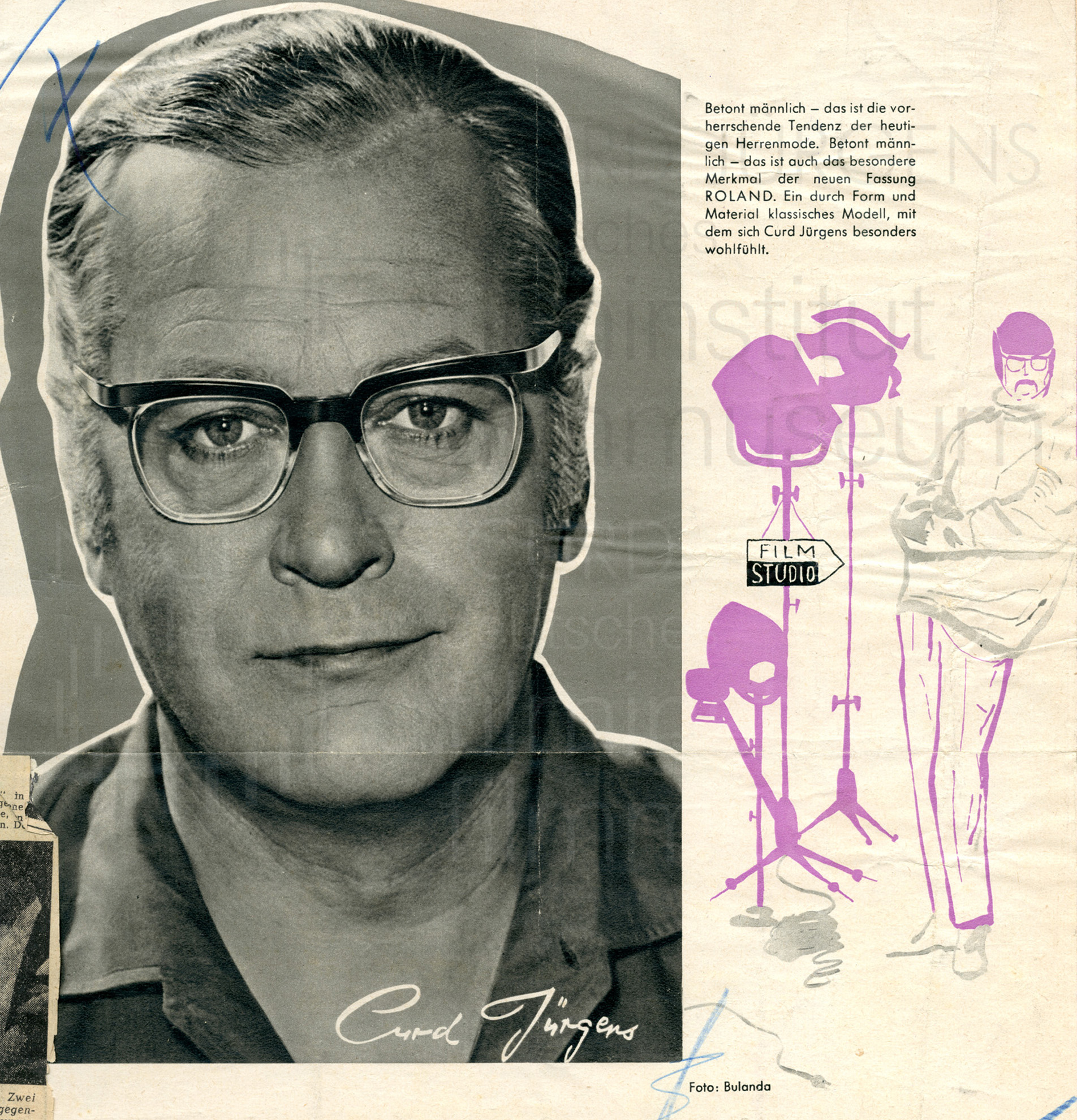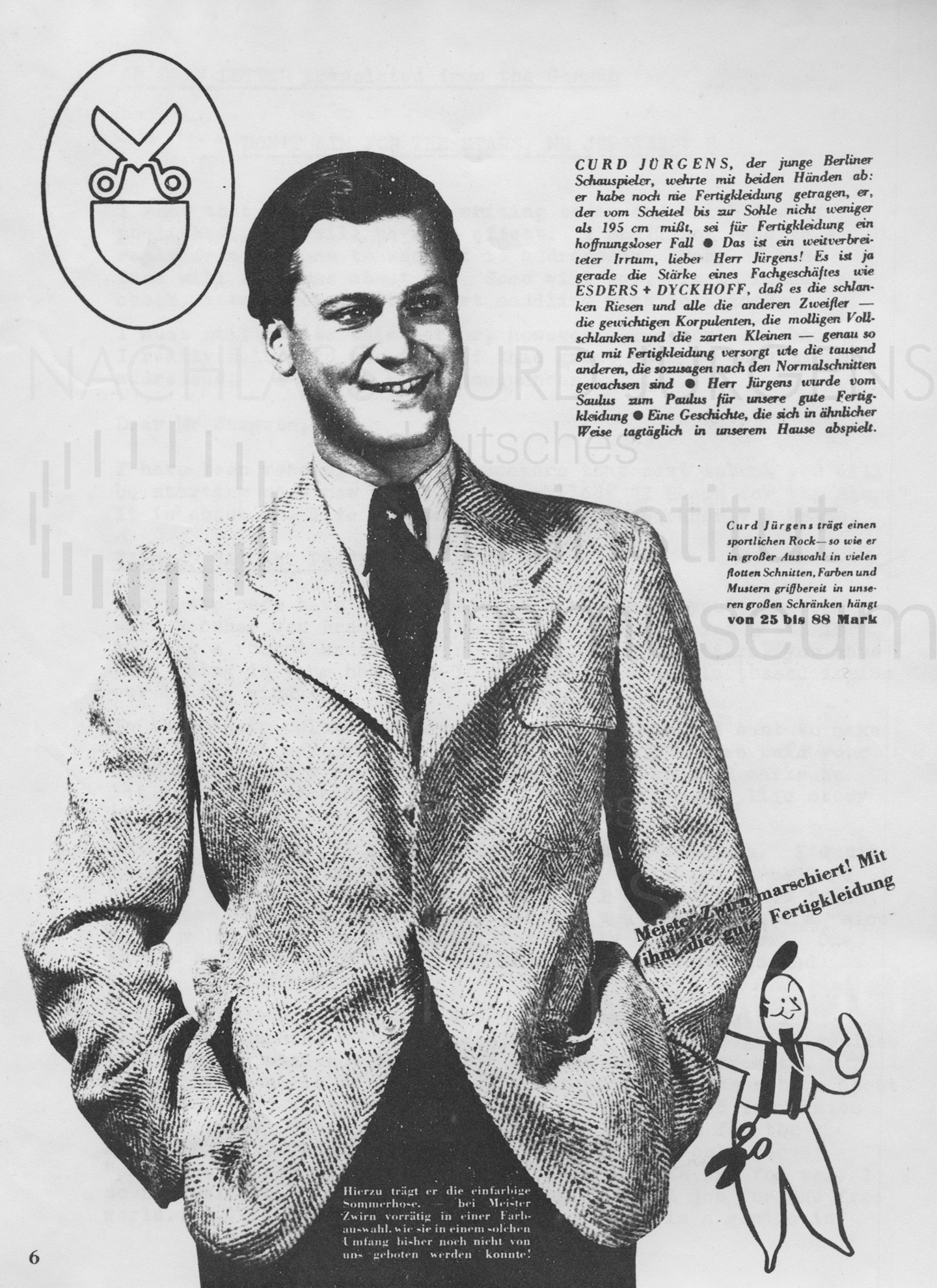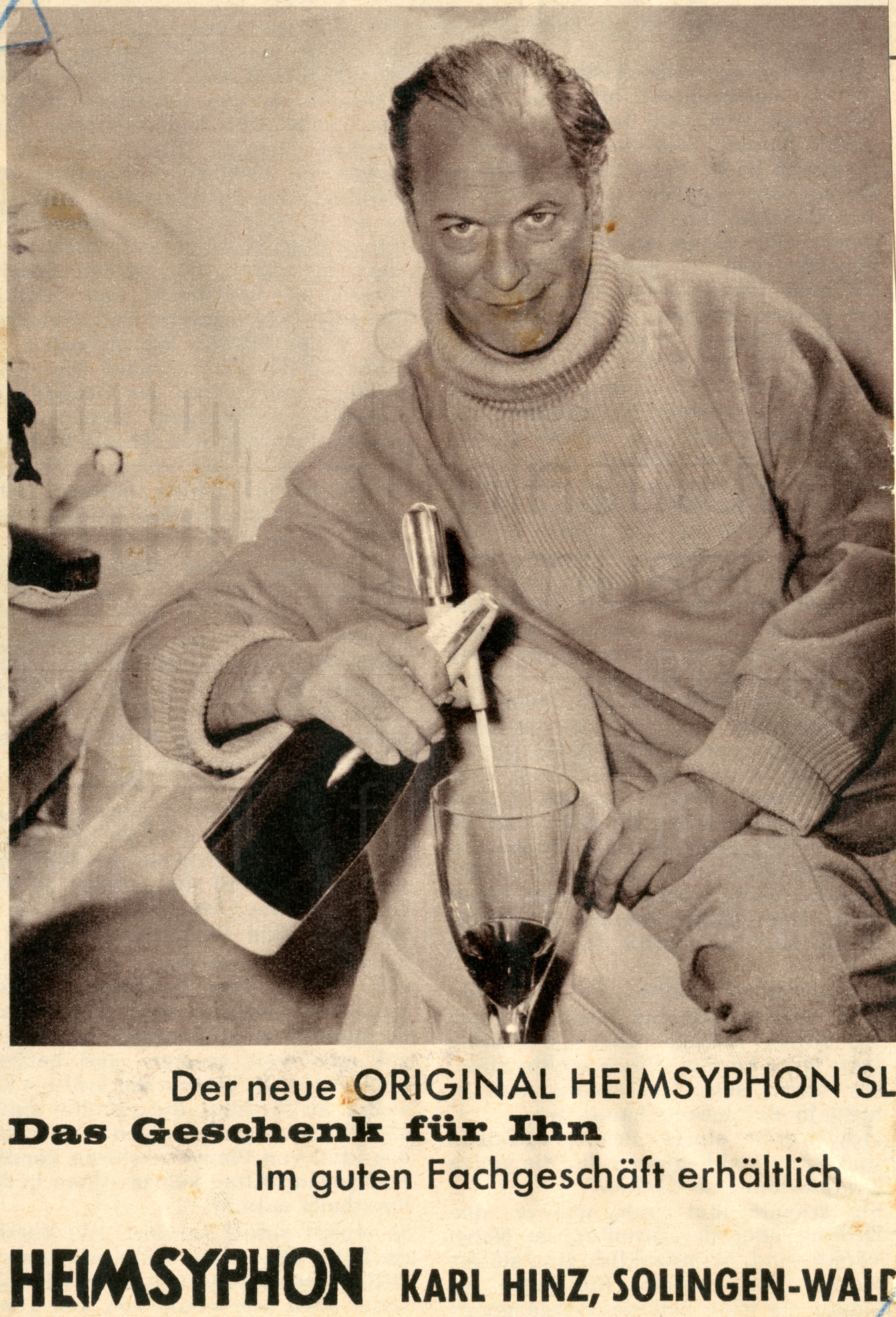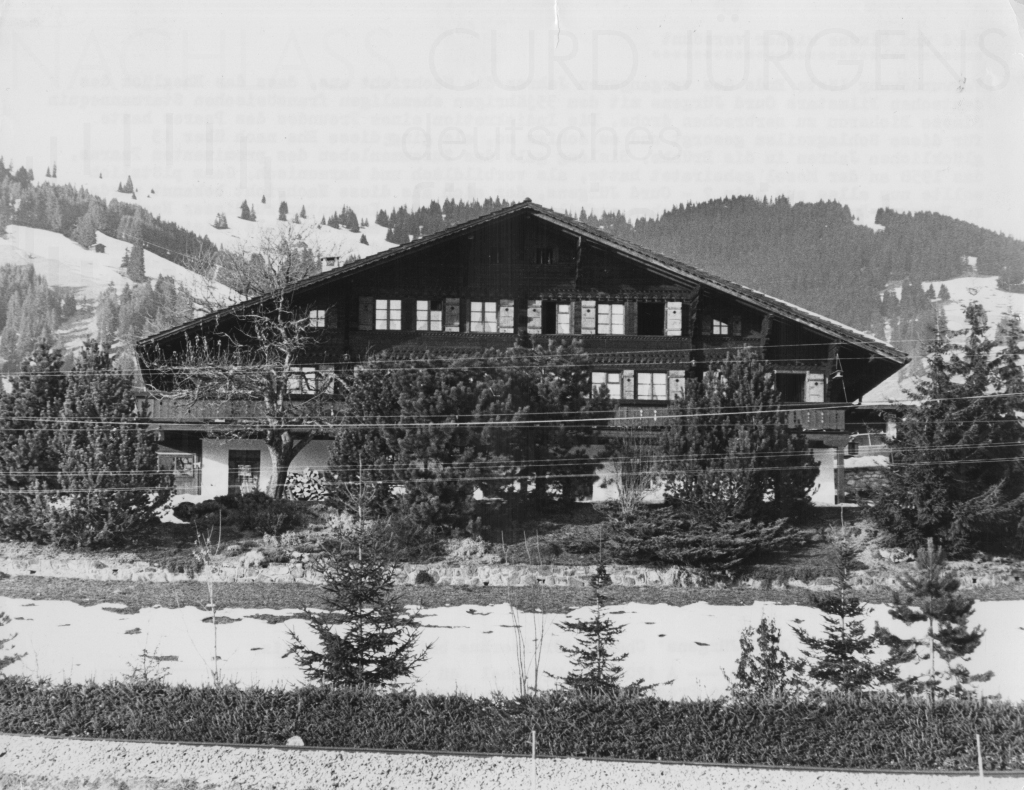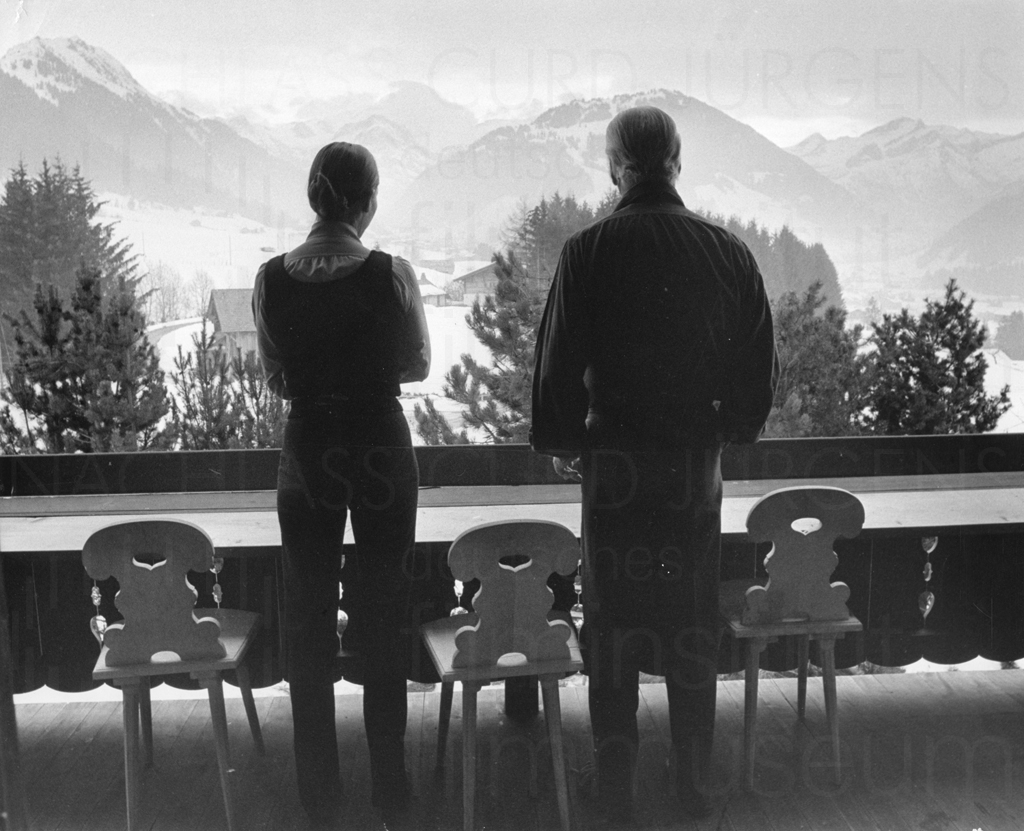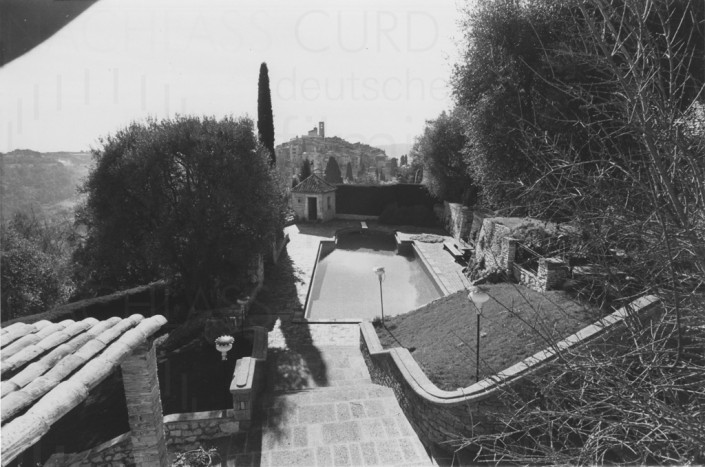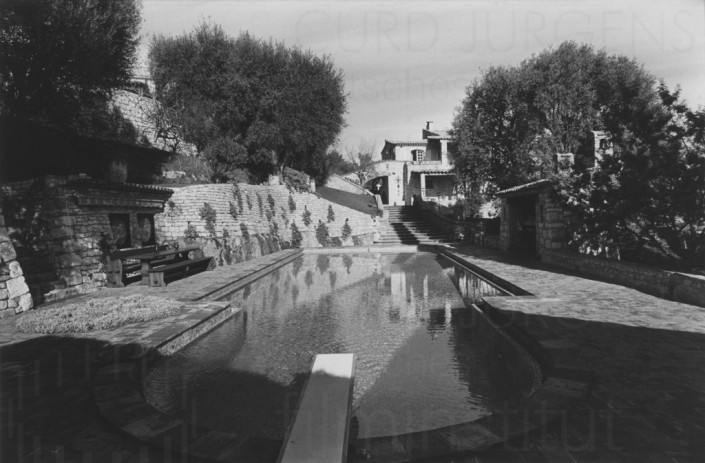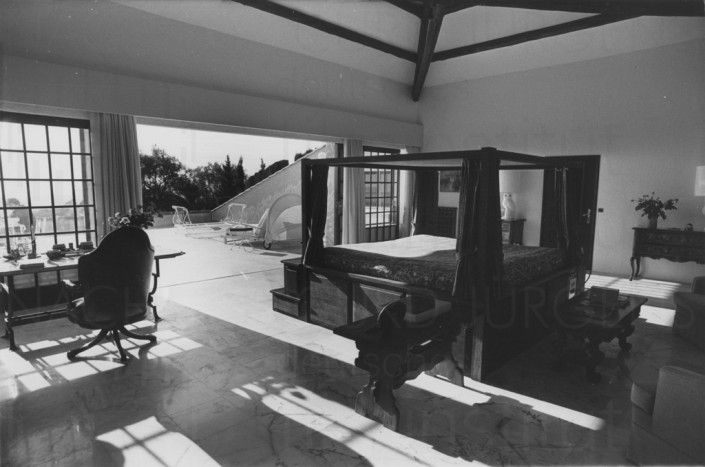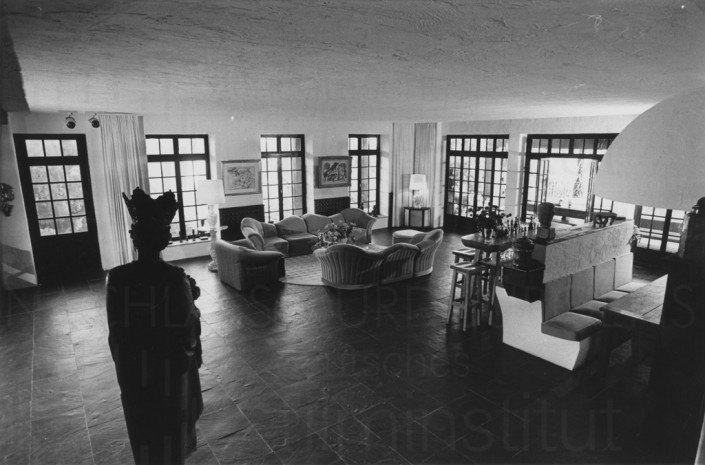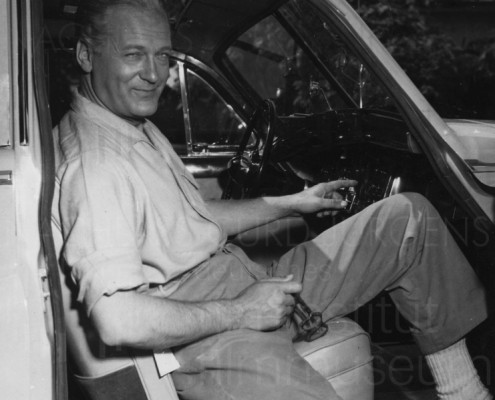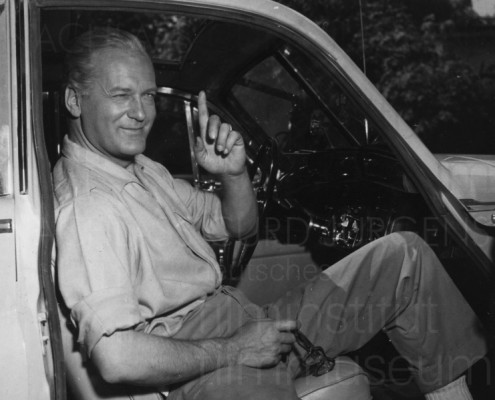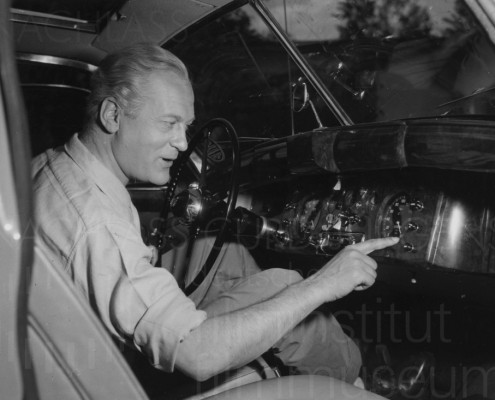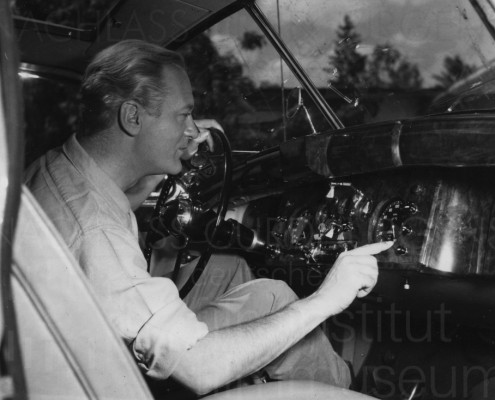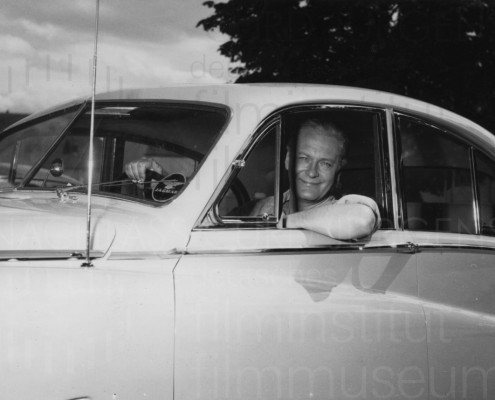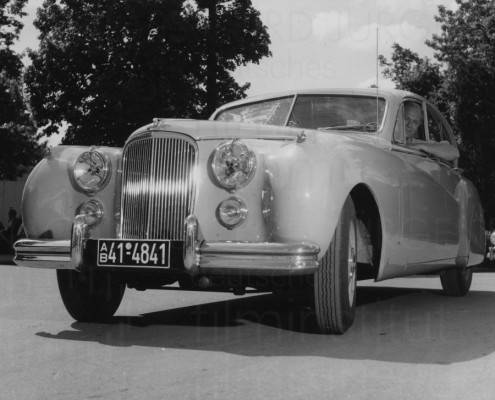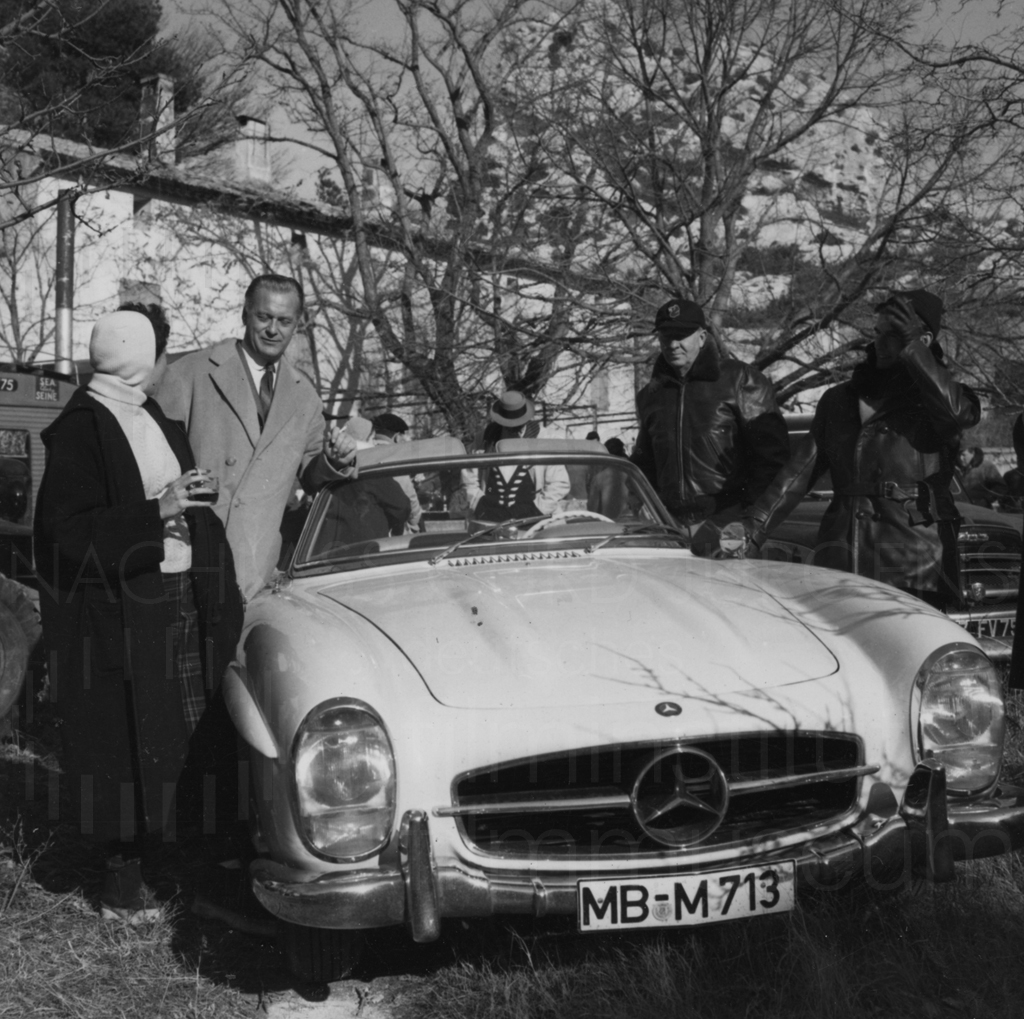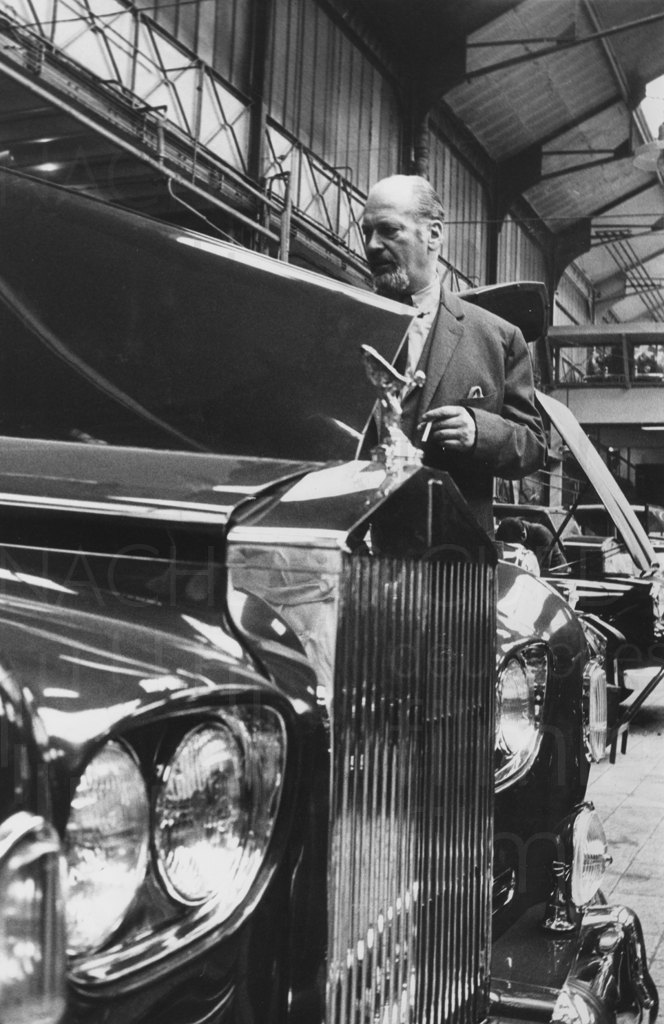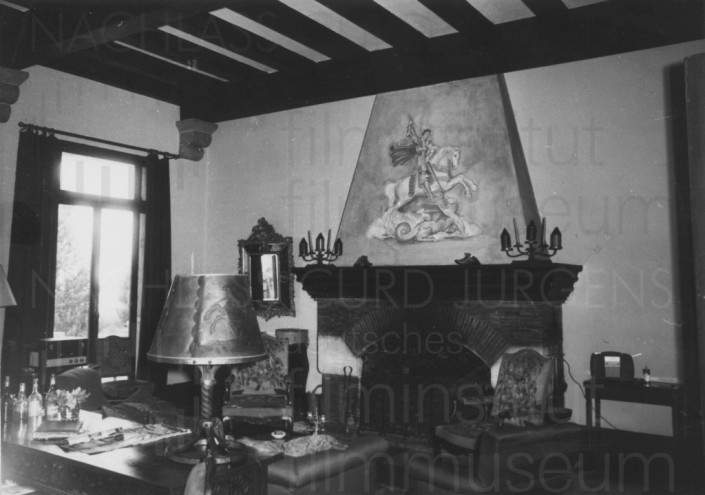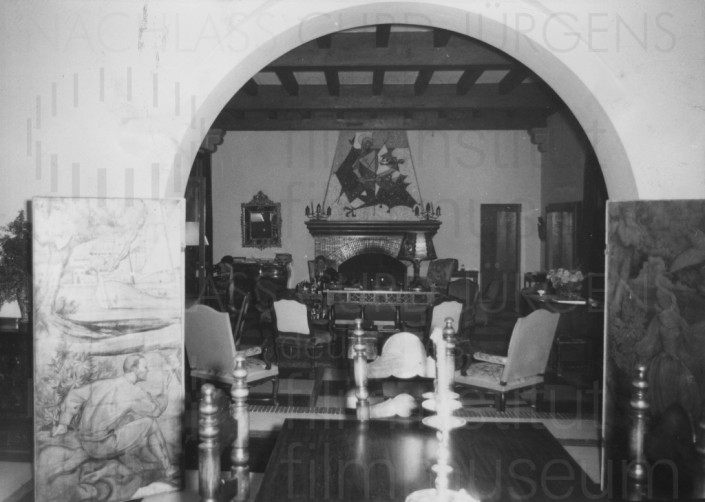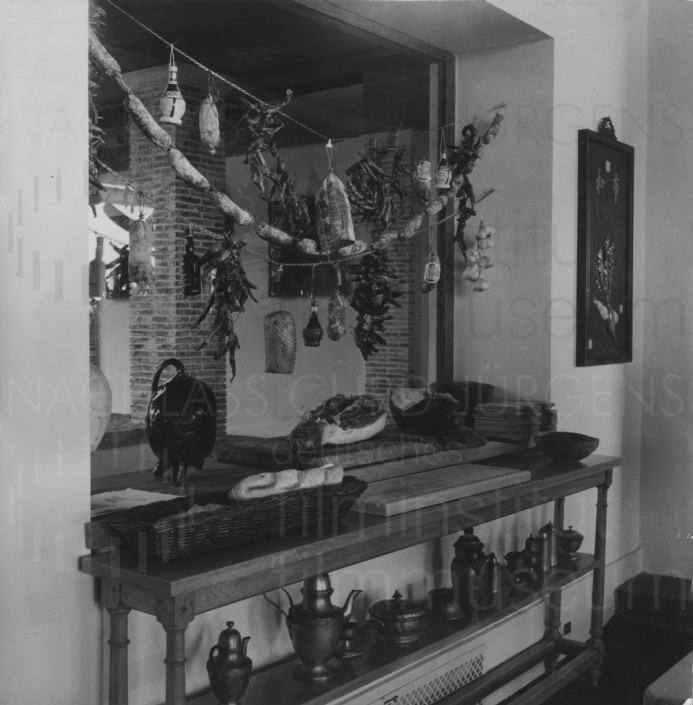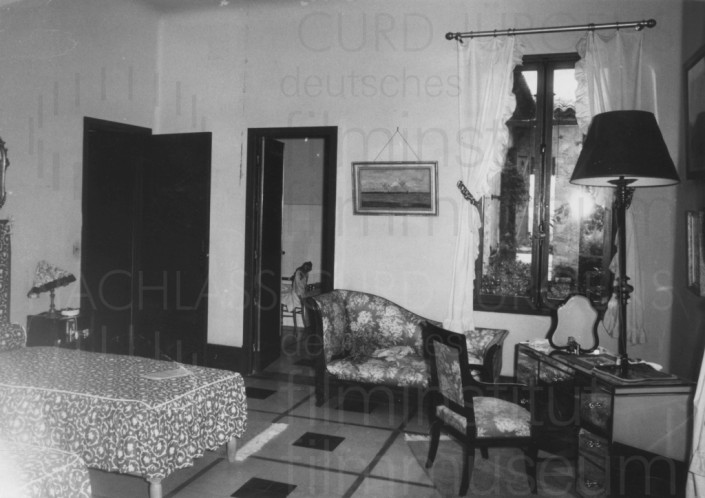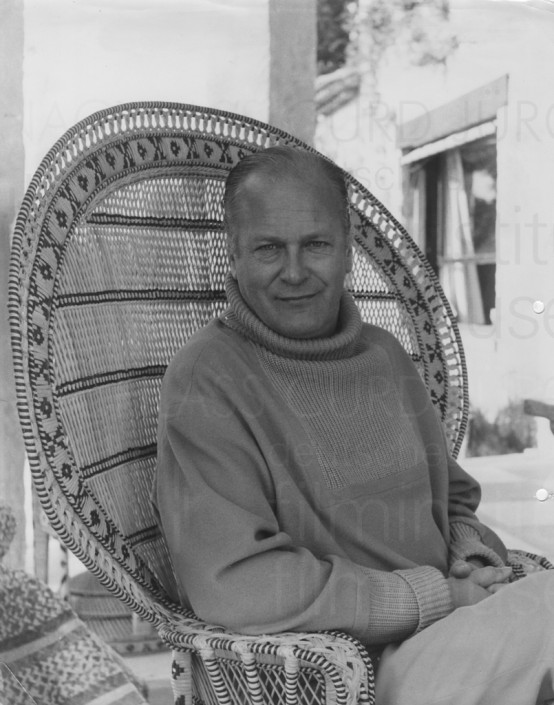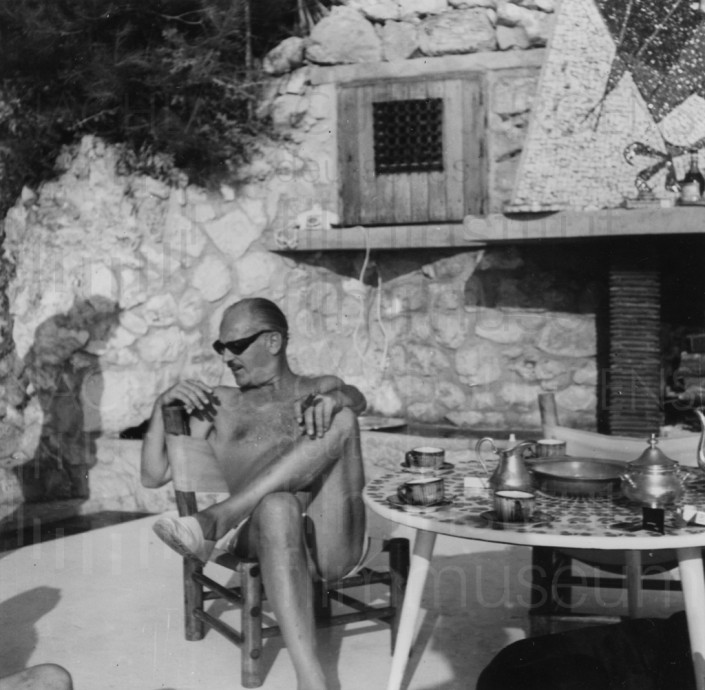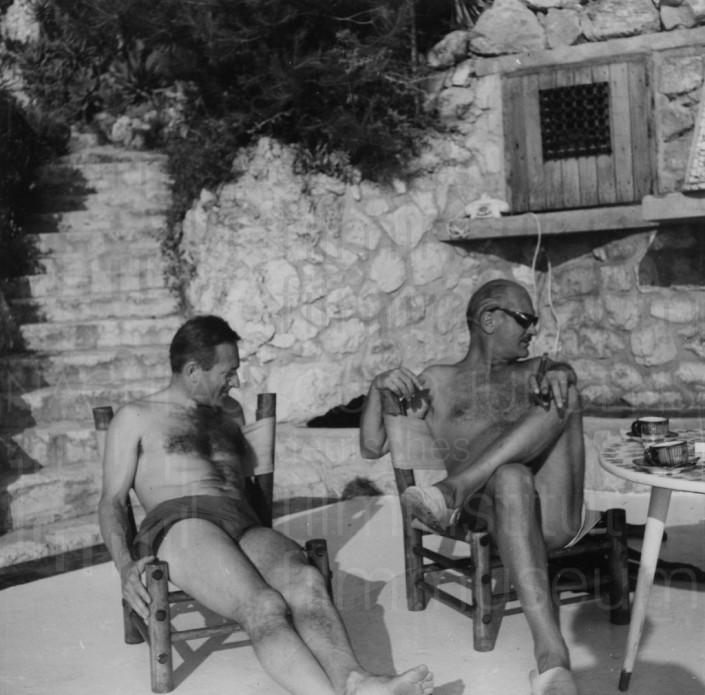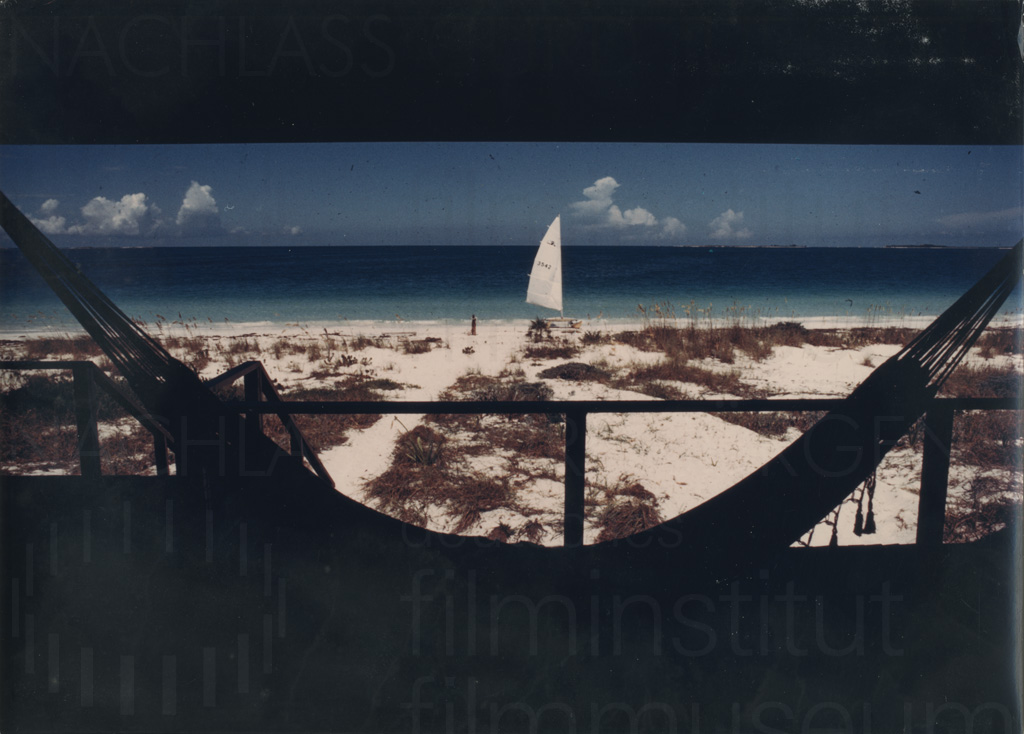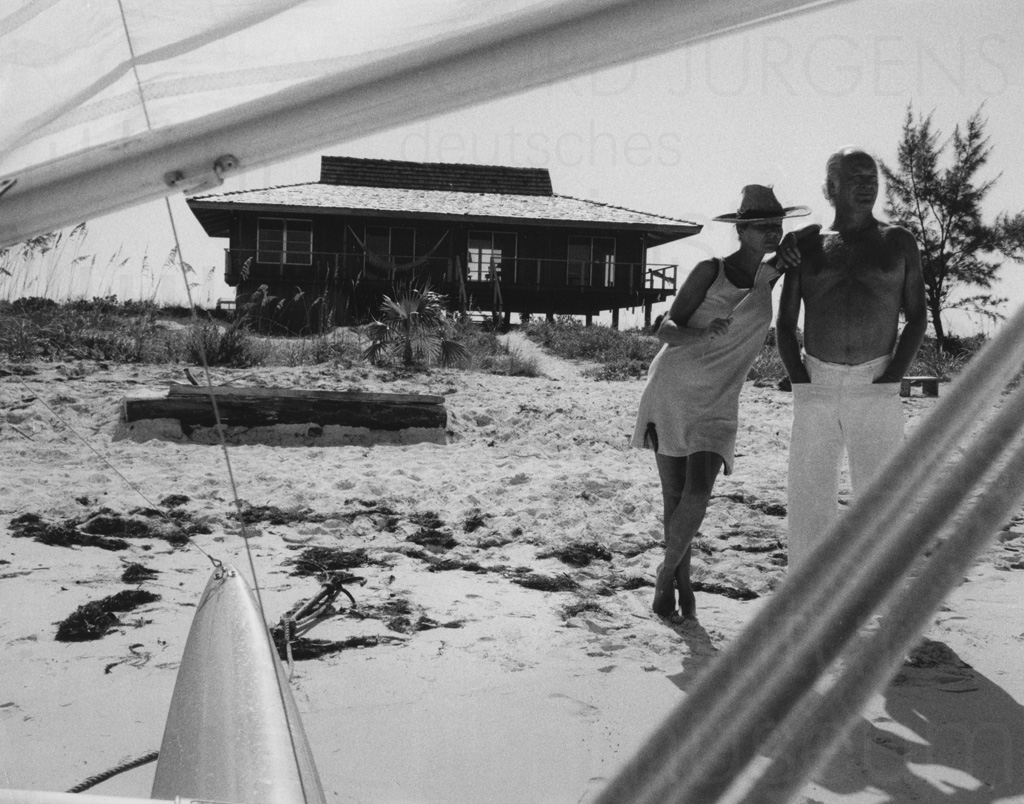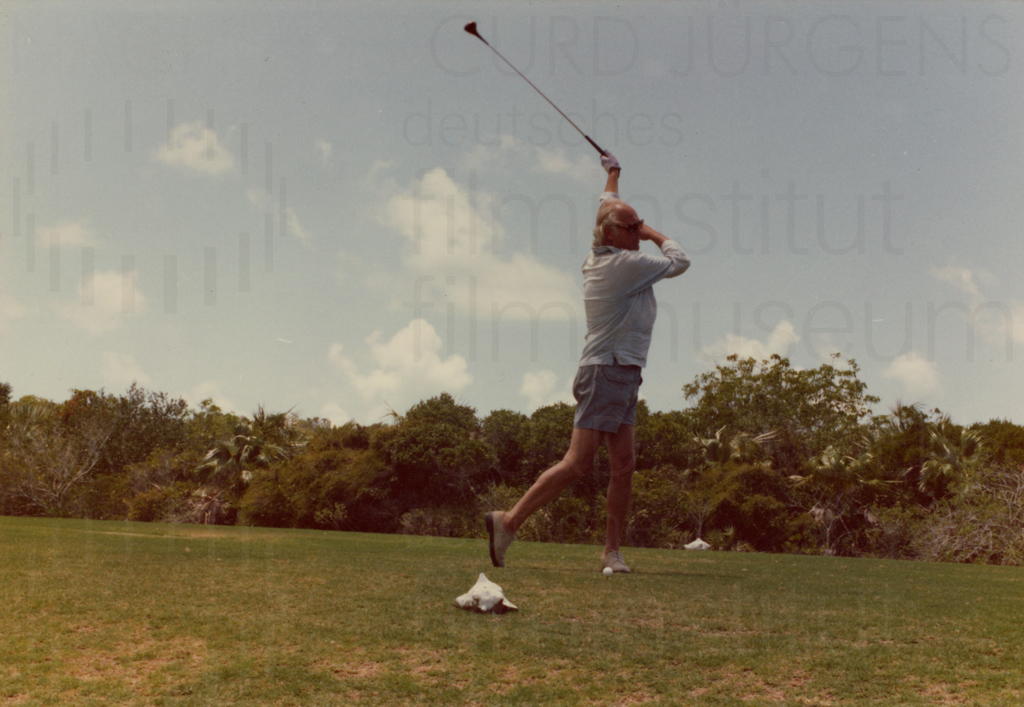REMINISCENCES OF MARCEL M. MEIER
The relationship between client and financial-adviser has to be unobtrusive and discrete by its very nature. If I have made the decision to reveal a few of my memories it, is because Curd Jürgens was a thoroughly likeable and humorous man who I remember with pleasure.
A reporter once asked Curd Jürgens if, in light of his socialist stance he didn’t have reservations about making a lot of money. “I have never shied away from making money. It is my perfect right to do so,” was his reply. “I work a great deal – a great deal more than others in my profession.”
Jürgens was a huge talent and he worked hard. I do not need to highlight the 141 films that he made, the countless stage appearances worldwide and his considerable income from television. Moreover, the wages wore considerably less than today.
When he was approached by Maxwell House Coffee about a television advert, the first thing he did was to consult his fellow actor David Niven, who like him had a house in Gstaad in Switzerland. “Why not?” was his answer. “It’s time to cash in, my friend.”
When he was approached by Maxwell House Coffee about a television advert, the first thing he did was to consult his fellow actor David Niven, who like him had a house in Gstaad in Switzerland. “Why not?” was his answer. “It’s time to cash in, my friend.”
The many trips, the countless receptions and parties, presents to friends and female partners – Jürgens was always generous – these consumed a considerable amount of capital. As well as playing golf, he loved to build houses, to picture in his mind’s eye how beautiful a room, a walkway or a terrace had to be in order for it to be truly enjoyed. And so he had a fold-up table mounted by the terrace railings of his house in Gstaad so that people could sit there together and enjoy the wonderful view of the landscape of the Bernese Alps.
In the course of his life Curd Jürgens designed houses that were also built. He frequently came back home from a trip to America as the owner of a new piece of land that he had bought with an eye to his “architectural ambitions.” He had probably been most successful with his home in St. Paul-de-Vence; in any case, it was one of his favourite residences.


